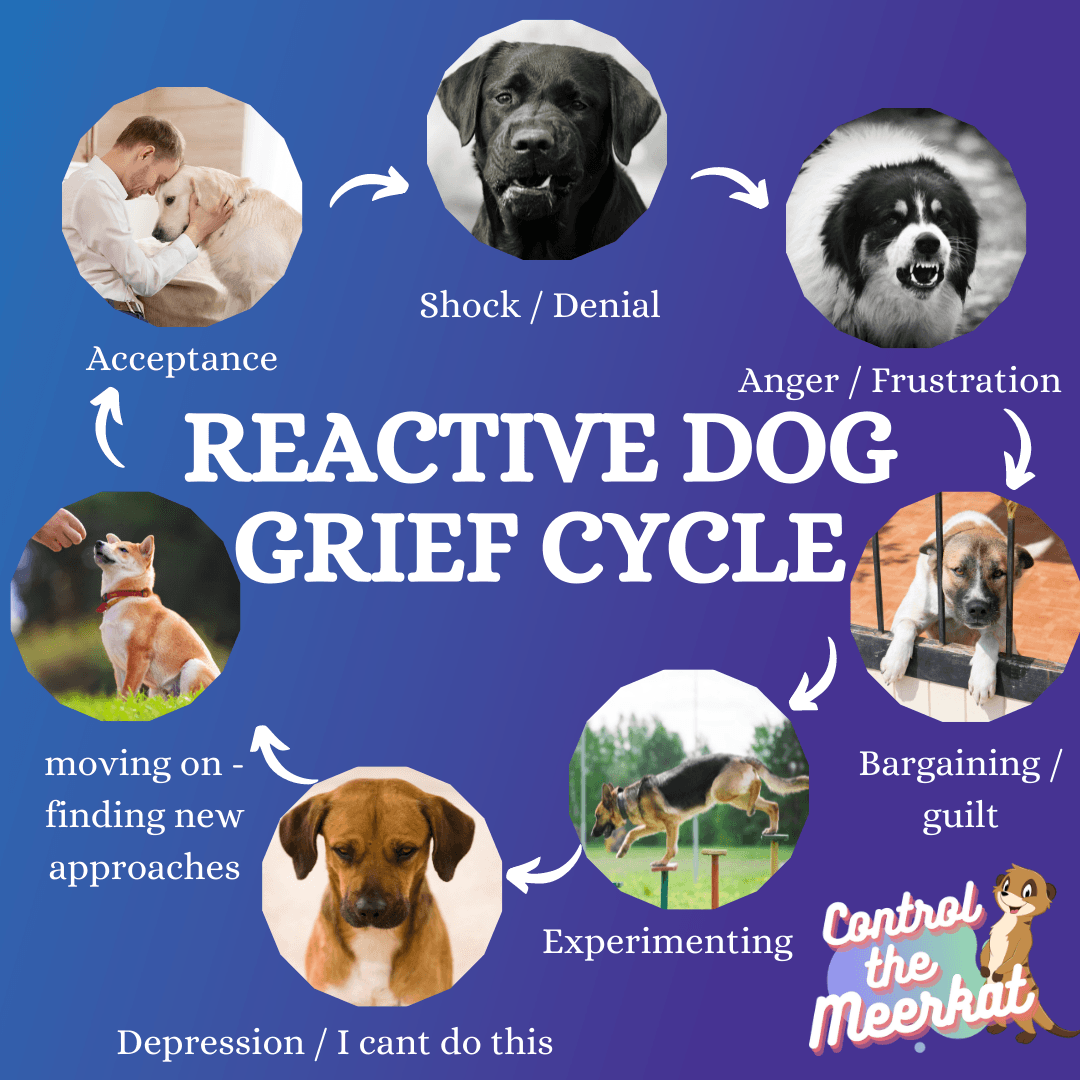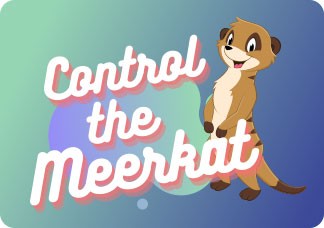
This is a topic I feel it’s important to share and it’s not talked about enough. Reactive dog grief is that feeling of loss when you have a reactive dog. That moment you realise that your dog is different and gone are those romanticised walks in the parks. It hurts, it’s tough, and many of us would be lying if didn’t admit that at times, we even resent the dogs we love so much, because of the limitations they have imposed on us.

As dog owners we’re often outgoing people. We have a dog to share our life with, to go out on long walks, have picnics in the park and pub lunches. Some of us have an idea of the life we want for our dog when they’re a puppy or before the puppy is even born. Our next dog will come everywhere, let’s take them on holidays, they’re going to be an agility dog etc.
Then as they start to grow, we see a few early warning signs that most of us pass off as ‘puppy behaviour’ it’ll pass. Then it becomes ‘well they’re a teenager; it’s hormones’ but there’s a voice in our heads that knows it’s far more that that; yet we deny it. My dog isn’t aggressive, my dog isn’t ‘one of those’, my dog would never bite, my dog doesn’t need a muzzle people will think they’re nasty…but were often fooling ourselves.

Then comes the anger / frustration as it gets worse not better. “Why can’t you be like a ‘normal’ dog / our last dog.”, or that Disney idea of the ‘family dog’.
Our frustration can take us to quick fixes that often make the problem worse, or we start to hide from the world and become the antisocial dog walker, up at 5am to walk the dog and 11 pm, no lunchtime or afternoon park walks for us. We start to bargain with how reactive they are. They’re not aggressive just ‘grumpy’, or ‘sorry she’s a bit unpredictable’. We feel guilty, have we caused this?

They say “There’s no bad dogs; only bad owners” we tried so hard where did we go wrong?
Often you didn’t this guilt is misplaced, it’s not you, sometimes it really is your dog. They could have underlying medical condition, developmental problem, or even poor genetics. Sure, there’s always things you could have done differently, but often even with the best knowledge some dogs are just born this way.

In this stage you may have found help, someone who’s positive and force free and is helping you rehabilitate your dog and explaining the underlying emotions that are helping to drive your dog’s behaviour. But there’s no quick fix, and the light at the end of the tunnel seems so far away.

We start to feel depressed, we hide, we avoid conversations on a walk as our dogs won’t allow us to get close to others. We dread the ‘friendly’ dogs that come charging across the field as we panic thinking am I going to have to deal with a dog fight, what do I do? What if my dog gets injured or they injure another dog? We start to lose hope, this is it, it’s who they are. I can’t do this, the training isn’t working, it’s not progressing fast enough.

Then we look at our dogs and we see that spark of hope, they calmed down quicker, their reactivity was less intense, there’s hope. You start to really take on the advice and work out your distances, prepare your walks like a military operation, muzzles, treats and toys at the ready. This is your dog, they’re special and you have a bond now that very few can understand. You work as a team now; you’ve accepted this is who they are, and they struggle in many situations but having you with them helps. They gradually feel safer with you and become less reactive, you find new hobbies, scent games, and other activities on a walk. You often feel like you take two steps forward and one step back…but you keep going.
Living with and rehabilitating a reactive dog is tough, it’s isolating, but you’re not alone. They’re with you and there’s so many others who are alone but with you on this journey.

